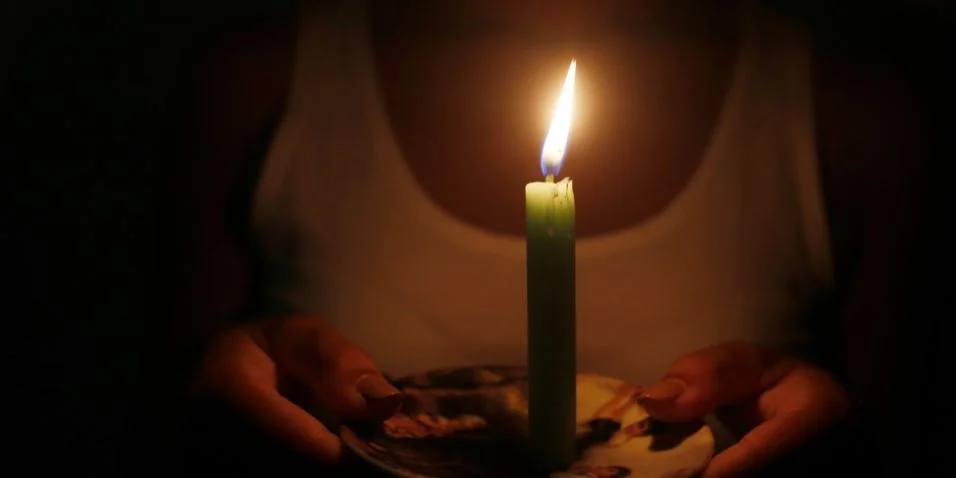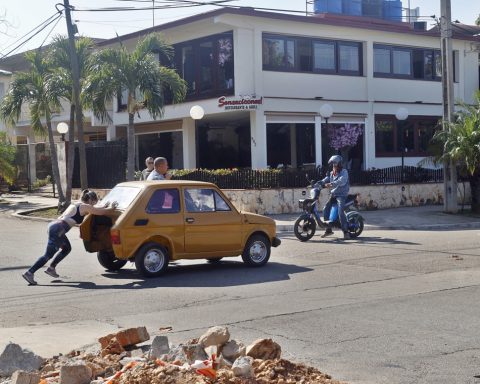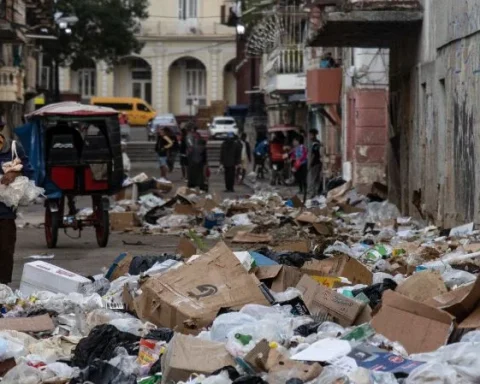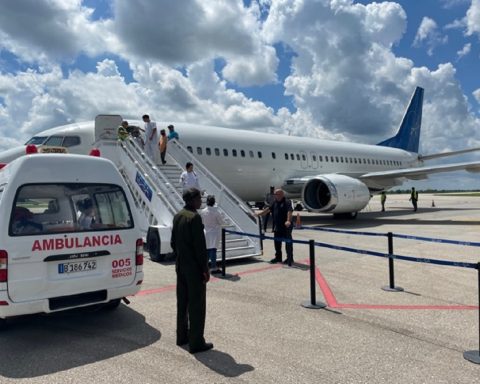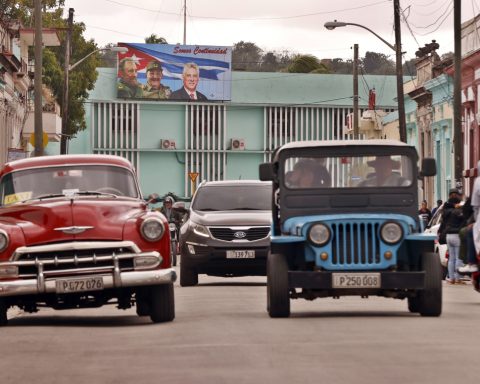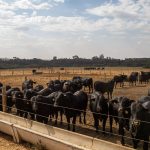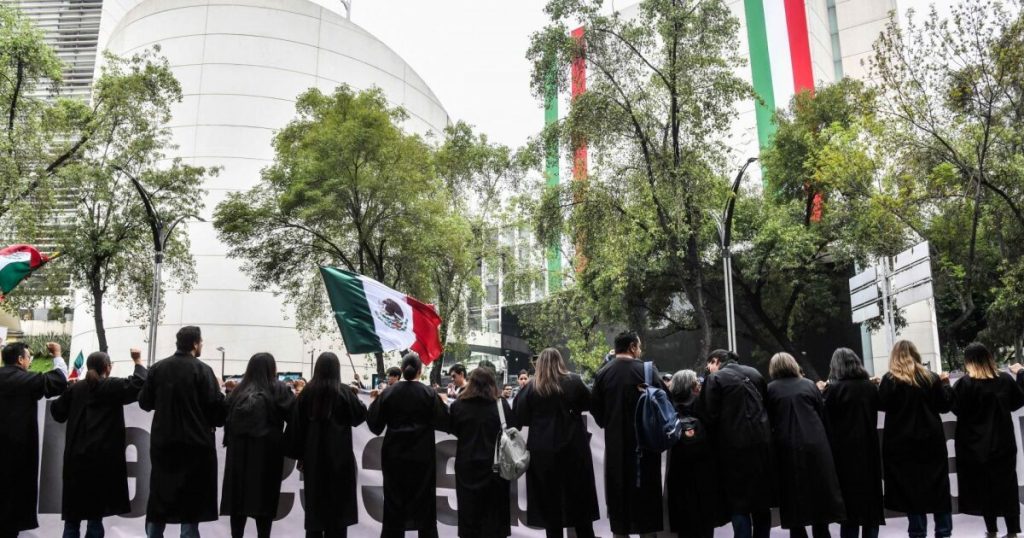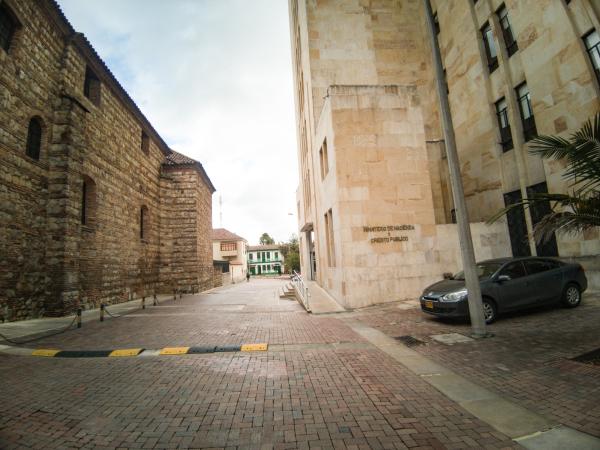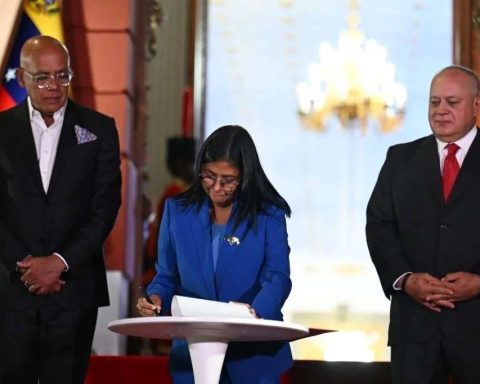HAVANA, Cuba. – While the government claims that it is sacrificing the economy to lessen the impact on the population, Cubans continue to be subjected to blackouts for more than 12 hours a day. This means that no industrial products are produced for domestic consumption, export and the acquisition of foreign currency for the purchase of oil and derivatives, raw materials, medicines, modernization of the industrial park and many other needs.
Ministers of key sectors demand greater resignation, obedience and vigilance, as well as reporting other neighbors or small private businesseswhether during television appearances, press conferences, social media or monthly meetings of the Working Group for the Prevention and Confrontation of Crimes and Illegalities. The opening and changes to the failed economic system are dismissed with the excuse that they respond to “destabilising plans of the enemy”.
The Minister of Energy and Mines, Vicente de la O Levy, recently warned that the supply of electricity will depend on repairs to plants with more than 40 years of operationif financing and national manufacturing of components are obtained.
The construction of new power plants was forgotten in the agreements signed with Russia a few years ago. The repair and installation of photovoltaic parks is planned, the aim is to recover distributed generation the engines of paralyzed generator sets, and the supply of diesel will have to be guaranteed and fuel oil also for the Turkish boats. The Energás plants will have to continue supplying the accompanying gas from the extracted oil. At the same time, the installation of 30 photovoltaic parks is being prepared to reach 92 in 2025, as reported in the program Round Table Engineer Rosell Guerra Campaña, Director of Renewable Energy of the Ministry of Energy and Mines.
Cuba consumes eight million tons of fuel, of which three million (oil) are of national production, with a high sulfur content, which has contributed to the deterioration of its thermoelectric plants. For decades, the oil and its derivatives sent to the island by the former Soviet Union were squandered. Later, Fidel Castro and Hugo Chavez They agreed to supply the island with 53,000 barrels of crude oil per day at preferential prices, part of which was exported by Havana. But the fall in production in Venezuela and the economic crisis led to fewer deliveries, which became sporadic. Purchases on the world market depend on Cuba’s meager liquidity and the solidarity of Russia, Iran, Mexico, Algeria and others, subject to the ups and downs of their own economies and, in some cases, to armed conflicts.
The increase in spontaneous public demands for food, water and electricity and other vital needs from small groups of residents, mainly in front of the offices of the Communist Partythe aim is to silence protesters with the presence of police forces and the harangues of officials. On many occasions, some protesters are arrested and given long prison sentences, as a warning to discourage similar actions. However, an increase in protests and strong repression could occur.
